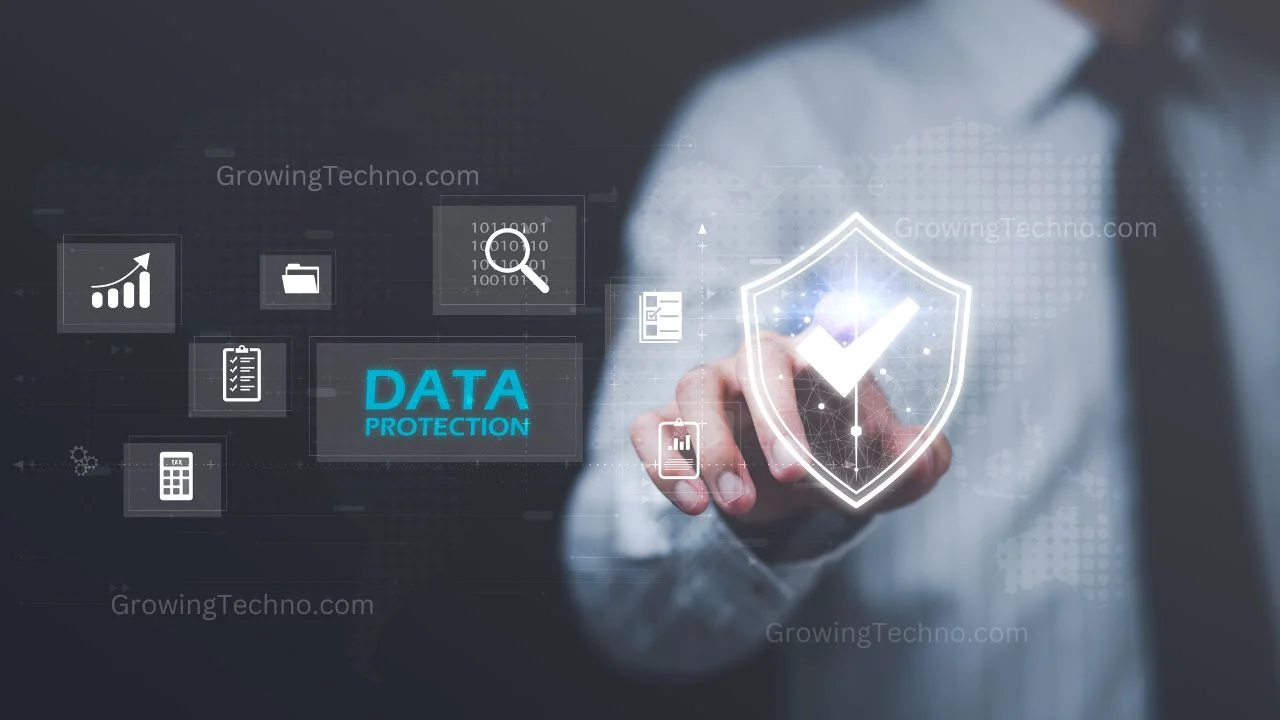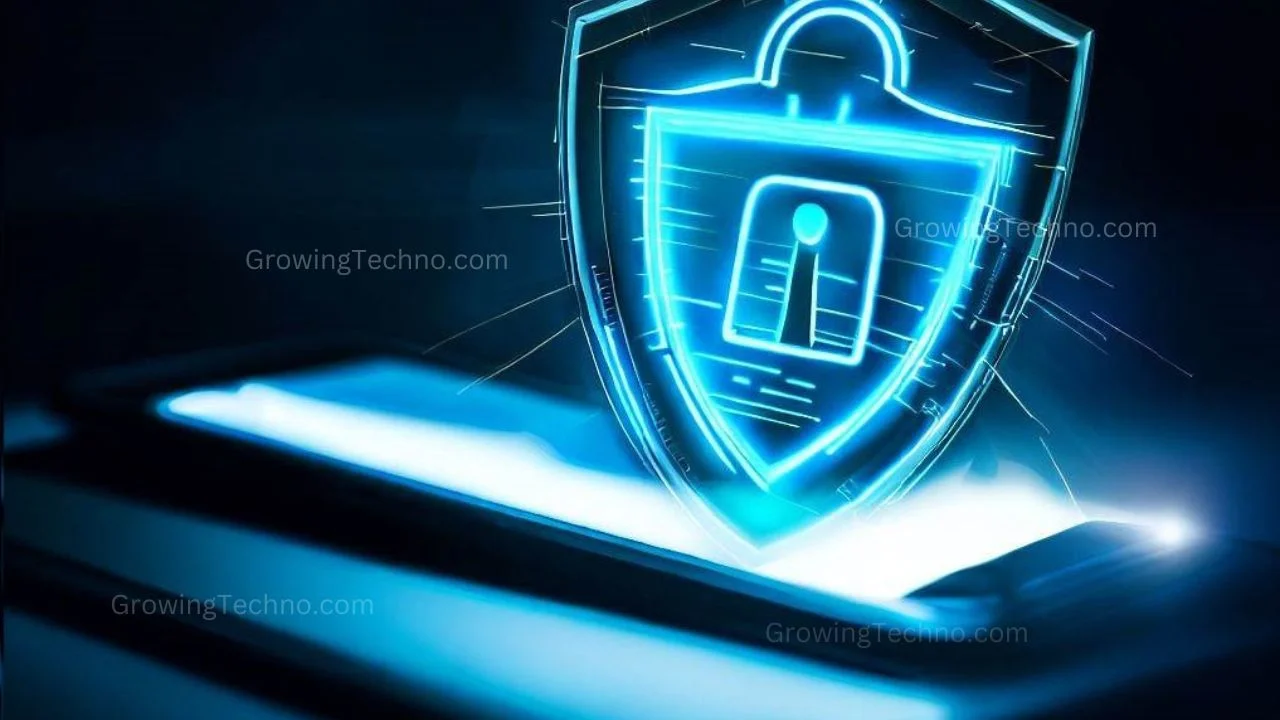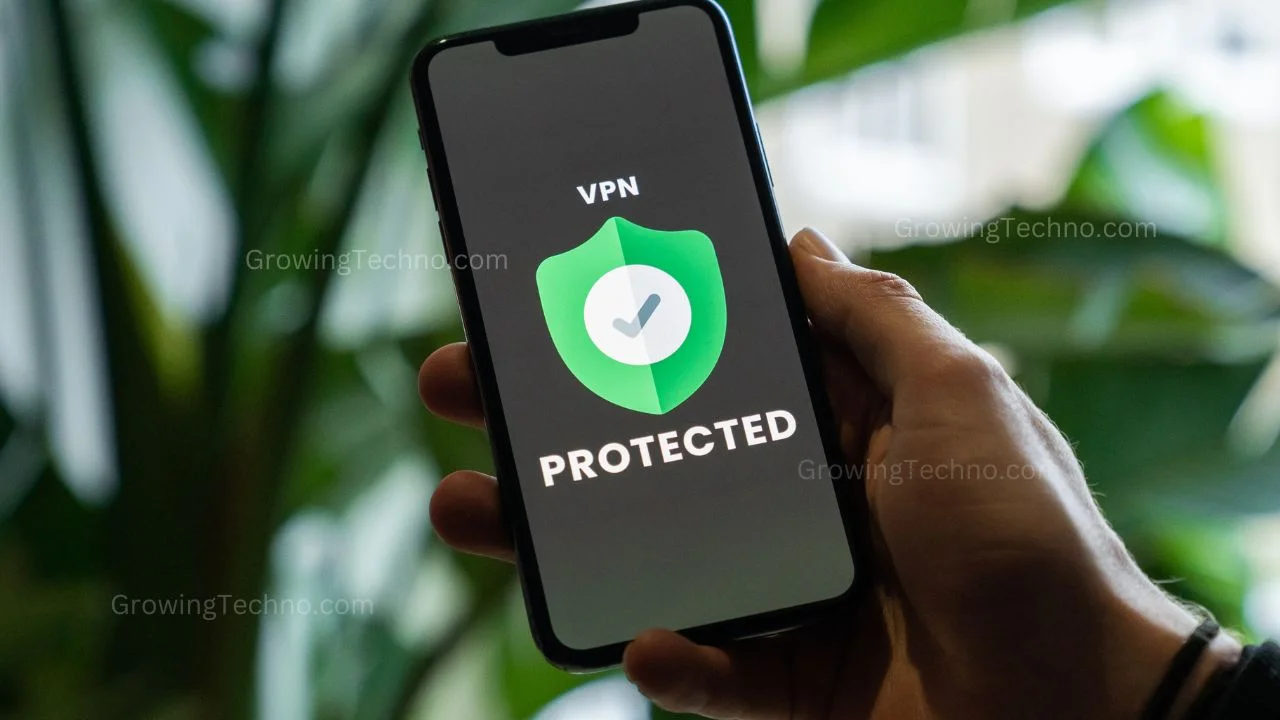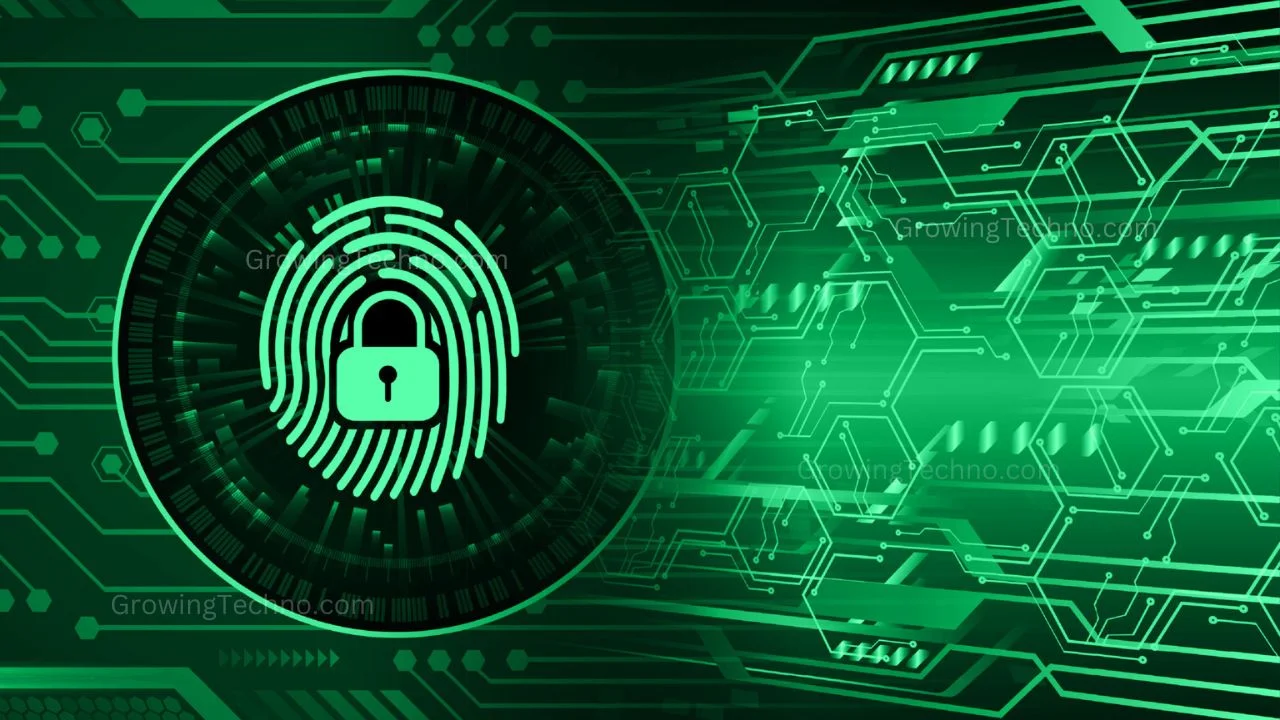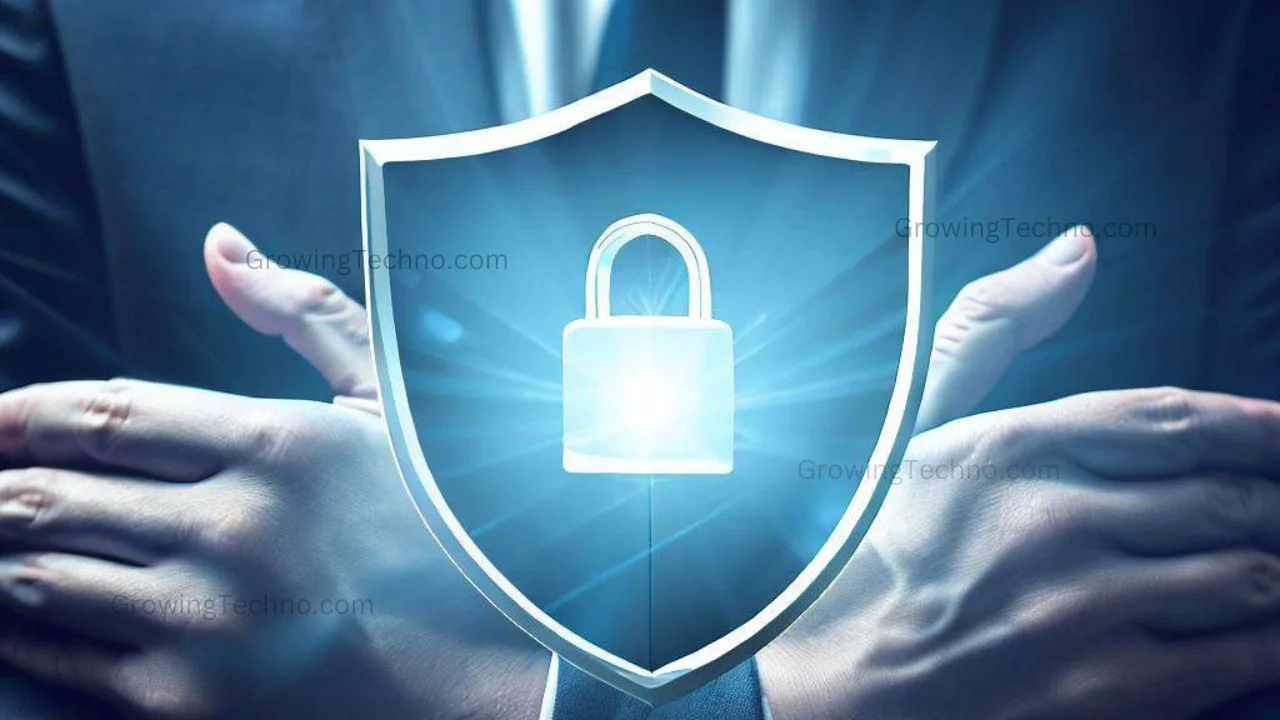
Email has become a ubiquitous communication tool for personal and business purposes. However, it is also a common target for cybercriminals seeking to exploit vulnerabilities and trick users into revealing sensitive information. Ensuring email security is crucial to protect yourself and your organization from phishing attacks and email scams. This article provides valuable tips and strategies to help you recognize and prevent these threats, safeguard sensitive information, and maintain a secure email environment.
The Significance of Email Security:
Protection Against Phishing Attacks:
Phishing attacks are insidious attempts to deceive email recipients into revealing confidential information. These attacks often impersonate trusted entities, tricking individuals into sharing sensitive data such as passwords, financial details, or login credentials. The consequences of falling victim to a phishing attack can be severe, ranging from unauthorized access to accounts to identity theft.
Robust email security measures act as a formidable shield against phishing attempts. They are designed to recognize the telltale signs of phishing emails, such as suspicious sender addresses or deceptive content. By identifying and blocking these malicious messages, email security systems thwart phishing attacks before they can inflict harm. This proactive defense ensures that individuals and organizations can operate online with greater confidence, knowing that their sensitive information remains protected
Prevention of Email Scams:
Email scams encompass a broad spectrum of fraudulent activities. They can manifest as deceptive schemes, fraudulent offers, or emails containing malware-infected attachments or links. These scams are not just a nuisance; they pose significant risks, including financial losses and the compromise of personal or organizational data.
Implementing robust email security practices is akin to fortifying the gates against these email-based scams. Effective security measures can analyze incoming emails for suspicious patterns, attachments, or links, effectively filtering out scam attempts. By preventing these emails from reaching their targets, email security measures act as a bulwark, ensuring that users are shielded from the perils of scams.
Safeguarding Sensitive Information:
Emails are a common conduit for sensitive information. They routinely carry personal details, financial data, confidential business information, and much more. Ensuring the privacy and integrity of this sensitive data is paramount. Email security serves as a guardian of this digital treasure trove.
Strengthening email security is akin to installing a fortified vault within the digital realm. It employs encryption, authentication, and access controls to ensure that sensitive data remains confidential. By establishing stringent security protocols, email security measures protect against unauthorized access, data breaches, and data leakage. This, in turn, preserves the privacy and integrity of sensitive information, whether it’s personal, financial, or related to business operations.
.
Tips to Prevent Phishing and Email Scams:
- Be Cautious of Suspicious Emails: Scrutinize emails for red flags such as spelling and grammatical errors, generic greetings, urgent requests for personal information, or unexpected attachments or links. Exercise caution when opening emails from unknown senders or unverified sources.
- Verify Email Sender Identities: Double-check the email sender’s identity and email address. Be cautious of emails claiming to be from official organizations or institutions that request sensitive information. When in doubt, contact the organization directly through official channels to verify the email’s authenticity.
- Avoid Clicking on Suspicious Links: Hover over links to review the URL before clicking. Be wary of shortened or masked URLs, as they may lead to malicious websites. If the email seems suspicious, avoid clicking on any links or downloading attachments.
- Use Strong Spam Filters: Enable spam filters on your email platform to automatically detect and filter out spam or suspicious emails. Regularly update and configure these filters to enhance their effectiveness.
- Educate and Train Employees: Provide comprehensive training to employees on email security best practices, including identifying phishing emails, avoiding scams, and reporting suspicious messages. Promote a culture of vigilance and awareness within your organization.

Conclusion:
Ensuring email security is vital to protect against phishing attacks and email scams that can compromise sensitive information and lead to significant financial and reputational damage. By following these tips, including being cautious of suspicious emails, verifying sender identities, avoiding clicking on suspicious links, utilizing strong spam filters, and educating employees, you can strengthen your defenses and maintain a secure email environment. Stay vigilant and proactive in protecting your email communications, fostering a safer online experience for both individuals and organizations alike.
Found this helpful? Share the wisdom!





